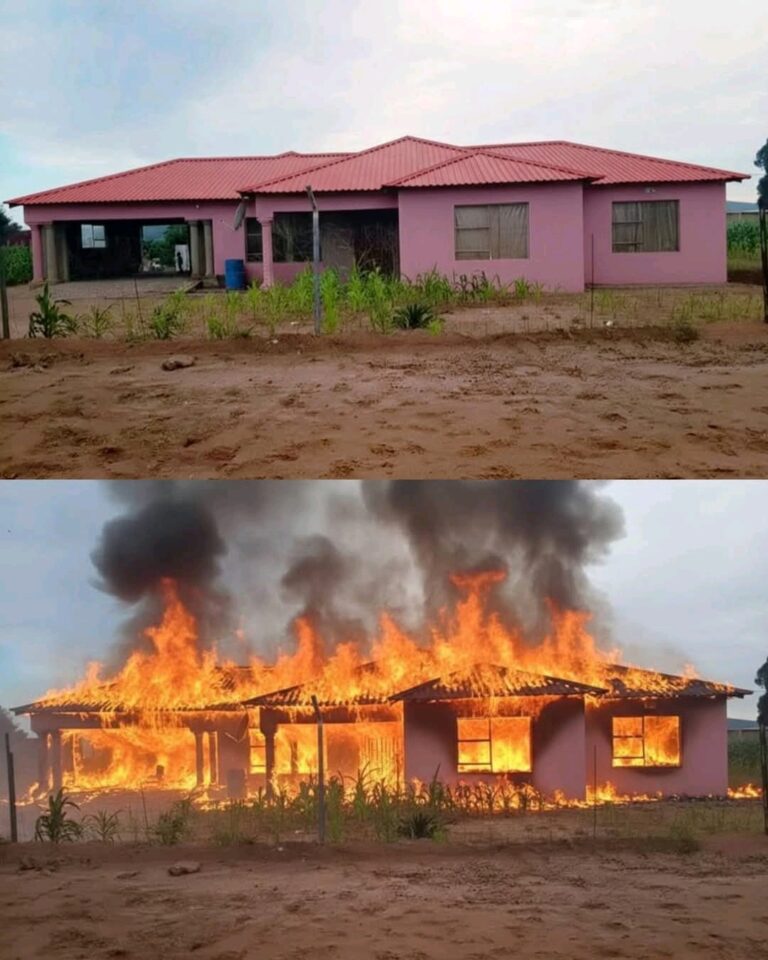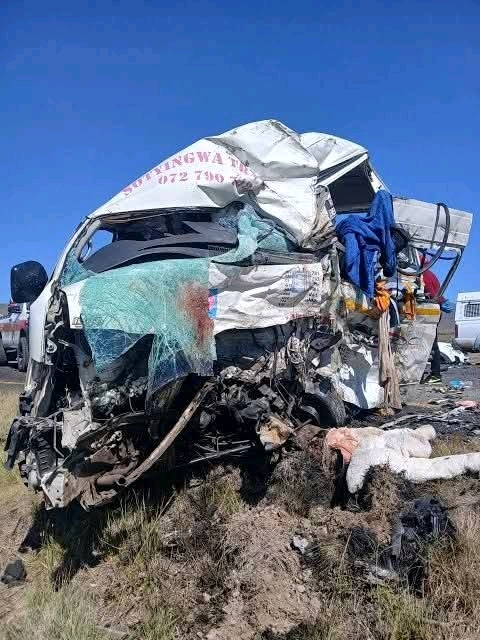
A grieving family from Bizana, Eastern Cape, is demanding answers after 20-year-old **Sinentlahla Shinga** tragically died following what they allege was a devastating medical misdiagnosis. For nearly two years, Shinga believed she was being treated for **tuberculosis (TB)** — only to later discover that she had **lymphoma**, a type of cancer that had already spread throughout her body.

According to her relative, **Pinky Qushwana**, Shinga’s health began deteriorating in 2023 when she first sought medical help at **St Patrick’s Hospital** in Bizana. Doctors diagnosed her with TB and prescribed a six-month course of treatment. However, when her condition failed to improve, a second round of TB treatment was issued.
> “She just kept getting weaker,” Qushwana recalled. “Her skin changed colour, she lost her strength, and she couldn’t even walk or eat properly. We were heartbroken when doctors later told us she had been treated for the wrong disease all along.”
As her health worsened, Shinga moved in with Qushwana for care. Her family later rushed her to **Port Shepstone Hospital** in KwaZulu-Natal when she became unconscious and began hallucinating. There, doctors made a shocking discovery — two tumours, one on her neck and another near her private parts. While one was surgically removed, further examination revealed she was suffering from **lymphoma**, not TB.
> “We were told it was too late,” said Qushwana. “By then, the cancer had already spread. She passed away two weeks later. We keep asking ourselves — if she had been diagnosed correctly the first time, could she still be alive today?”
Shinga’s story sheds light on a broader and ongoing problem in South Africa’s rural healthcare system — the **misdiagnosis of TB and cancer**. Both diseases share similar symptoms such as fever, night sweats, weight loss and swollen lymph nodes, making accurate diagnosis difficult in under-resourced areas.
A public health expert told *TimesLIVE* that while misdiagnosis is uncommon, it remains possible in rural settings where access to diagnostic tools is limited. “TB can usually be confirmed through lab testing,” the expert said. “However, when facilities lack proper diagnostic equipment or when symptoms overlap, errors can happen — sometimes with deadly consequences.”
A **2021 study** published in *The Lancet Global Health* found a concerning number of undiagnosed and misdiagnosed cases in South Africa’s rural hospitals, including instances where **lymphoma was mistaken for TB**, delaying essential cancer treatment.
The **Eastern Cape Department of Health** confirmed that it is aware of Shinga’s case. Spokesperson **Siyanda Manana** stated that it was investigated and is now considered “a closed matter.”
Manana added that cases of misdiagnosis can be reported through the **Patient Safety Incident Committee** and the **Complaints Management Committee**. He said the department has launched several initiatives to improve healthcare quality and diagnostic accuracy, including the deployment of a **district clinical specialist team** to rural hospitals and the ongoing **training of doctors and nurses** in cancer screening.
> “We are working to strengthen early detection and ensure hospitals are equipped with the necessary tools for accurate diagnosis,” Manana said.
For Shinga’s loved ones, those promises come too late. What remains is a haunting sense of loss — and the painful reminder of a life that could have been saved with the right diagnosis.
*“She was young, full of dreams, and trusted the system to heal her,”* Qushwana said softly. *“Instead, the system failed her.”*







